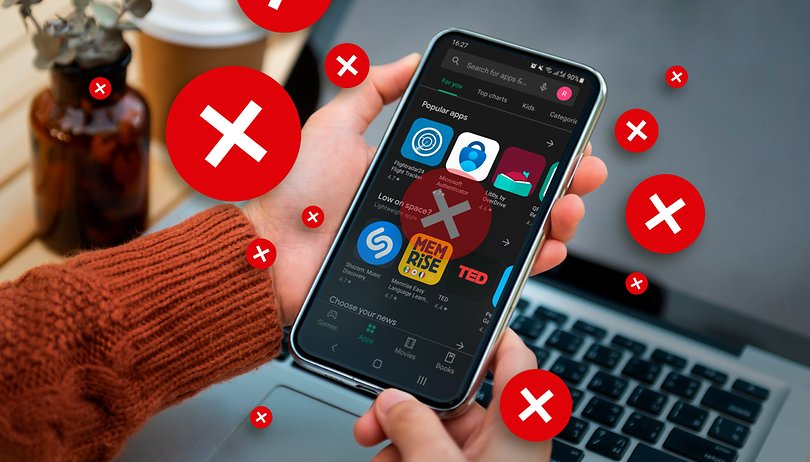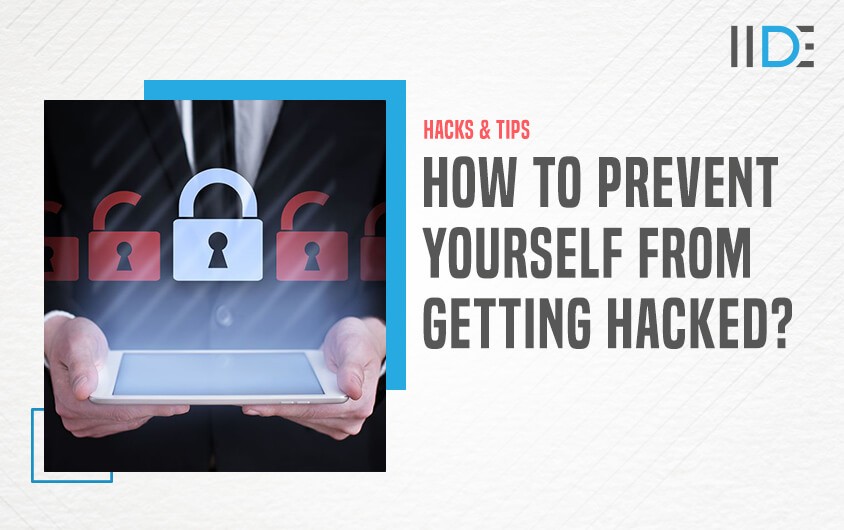RIB: Scammers Use A Variety Of Methods To Drain Your Bank Accounts

The Reserve Bank of India (RBI) has released a 40-page booklet outlining all the ways scammers can steal your financial credentials and empty your bank accounts in light of rising financial frauds in which cybercriminals have been using innovative methods to defraud gullible individuals and newbies. This brochure, titled ‘BE(A)WARE,’ emphasizes the importance of safeguarding personal information and exercising caution when conducting financial transactions.
Here Are All of the Common Tactics RBI Lists That Scammers Use to Acquire Your Personal Information.
Links That Are Harmful
One of the simplest ways to con an unsuspecting person is to send them a malicious link. According to the RBI, fraudsters may develop a fake website that appears to be a legitimate website, such as a bank’s website, an e-commerce website, or a search engine, among other things. Fraudsters then distribute these links via text messages, social media, and other means.
Malicious URLs are disguised as legitimate-looking domain names, but the customer is actually routed to a phishing site. Customers’ secure credentials are recorded and utilized by fraudsters when they enter them on these websites.
It should be highlighted that most clients enter security credentials by simply looking at the link and clicking on it without reading the full URL. Fraudsters may pose as purchasers and express interest in your product on e-commerce platforms. This is a tried-and-true method of scamming people.
“Instead of sending you money, they use the UPI app’s “request money” option and insist that you confirm the request to withdraw money from your bank account,” according to the RBI’s research.
Apps for Mobile That Aren’t Well-Known
Hackers might obtain complete control of your smartphone by using malicious mobile apps. On social media networks and WhatsApp group conversations, these apps are circulated as ‘legitimate’ apps. The link is constructed in such a way that the customer is led to an unfamiliar application for download. The fraudster has complete access to your smartphone once the program is downloaded.
These apps, according to the RBI, are usually screen-sharing apps that scammers use to view and manage your phone in order to acquire access to your financial information. They then use your Internet banking and payment apps to make payments.
Using Internet Search Engines
We all use Google to look up phone numbers for businesses, banks, and government organizations. Scammers are well aware that search engines have grown in popularity as a reliable source of information. Scammers have taken advantage of this by posting phony contact information on search engines like Google, Yahoo, and others in order to entice victims and steal their money.
When a customer dials these numbers, the impostors demand that they provide their card credentials for verification. Assuming this contact is real, people reveal all of their personal information, making them vulnerable to scams.
Scanners with QR Codes
During COVID, scanning QR codes have become highly popular. If you’re in a restaurant and want to see the menu or make a contactless payment, this is the app for you. Customers are frequently contacted under various pretexts by scammers who lure them into scanning QR codes with payment apps. The fraudsters can now withdraw money from the customer’s account.
Ports for Charging
This may seem ridiculous, but scammers have discovered a way to infect your gadgets and take complete control over them just by utilizing a charger. According to the RBI, ‘juice jacking’ is a sort of cyber thievery in which unknown apps are installed on your phone when it is linked to unknown or unverified charging ports, allowing fraudsters to steal important data and passwords.
How to Keep Yourself Safe, RBI Has Compiled a List of Online Safety Tips.
- Be aware of pop-ups that appear suspiciously throughout your surfing activity.
- Before making an online payment, always look for a secure payment gateway (HTTPS:// – URL with a Pad Lock Symbol).
- Keep your PIN (Personal Identification Number), password, credit or debit card number, and CVV (Credit or Debit Card Verification Value) confidential.
- Avoid saving card information on public laptops/desktops/websites/devices.
- If the option is available, enable two-factor authentication.
- Never open emails from unknown senders that contain phishing links or suspicious attachments.
- Do not provide strangers copies of your bank cheque or KYC paperwork.





